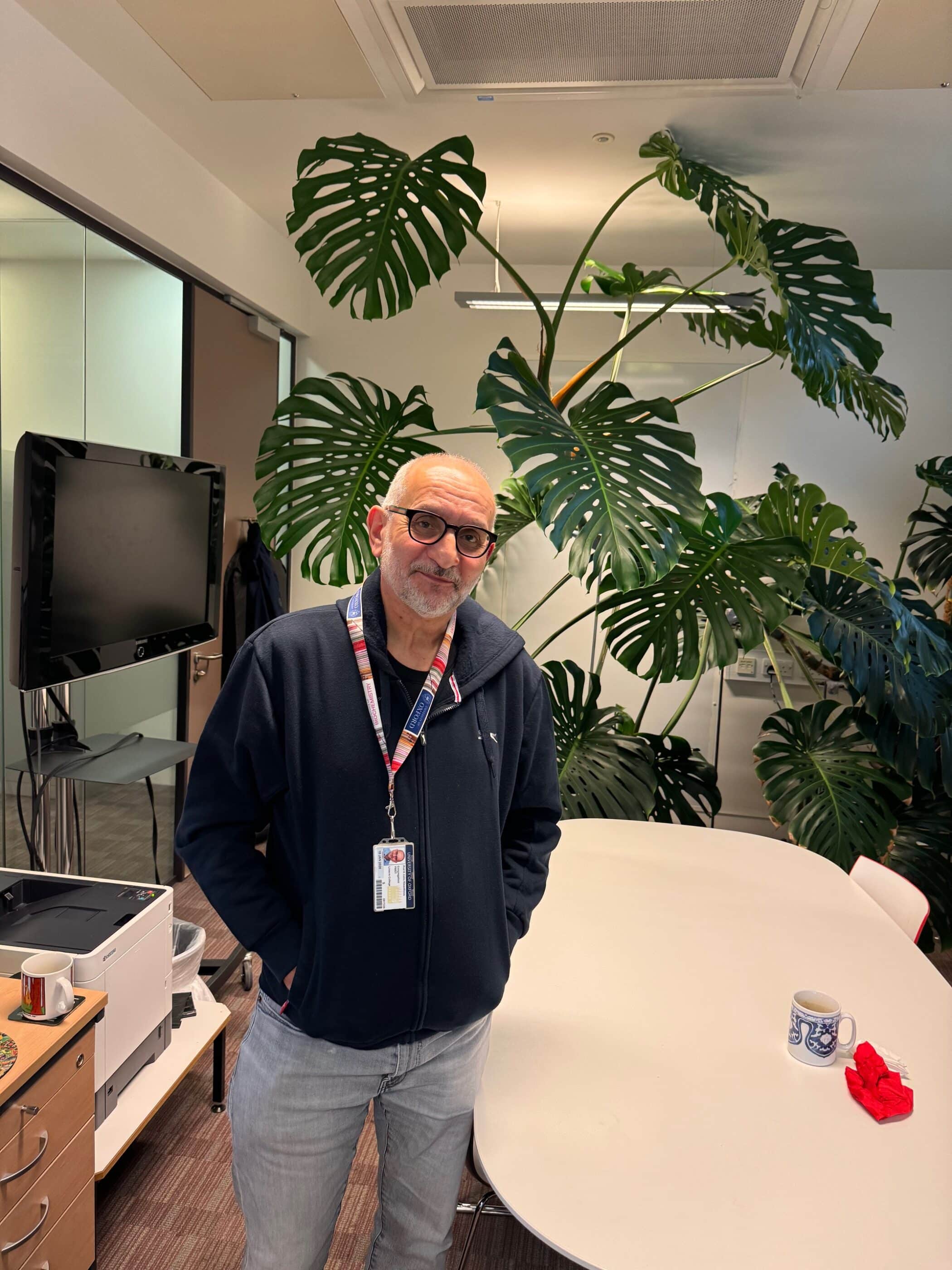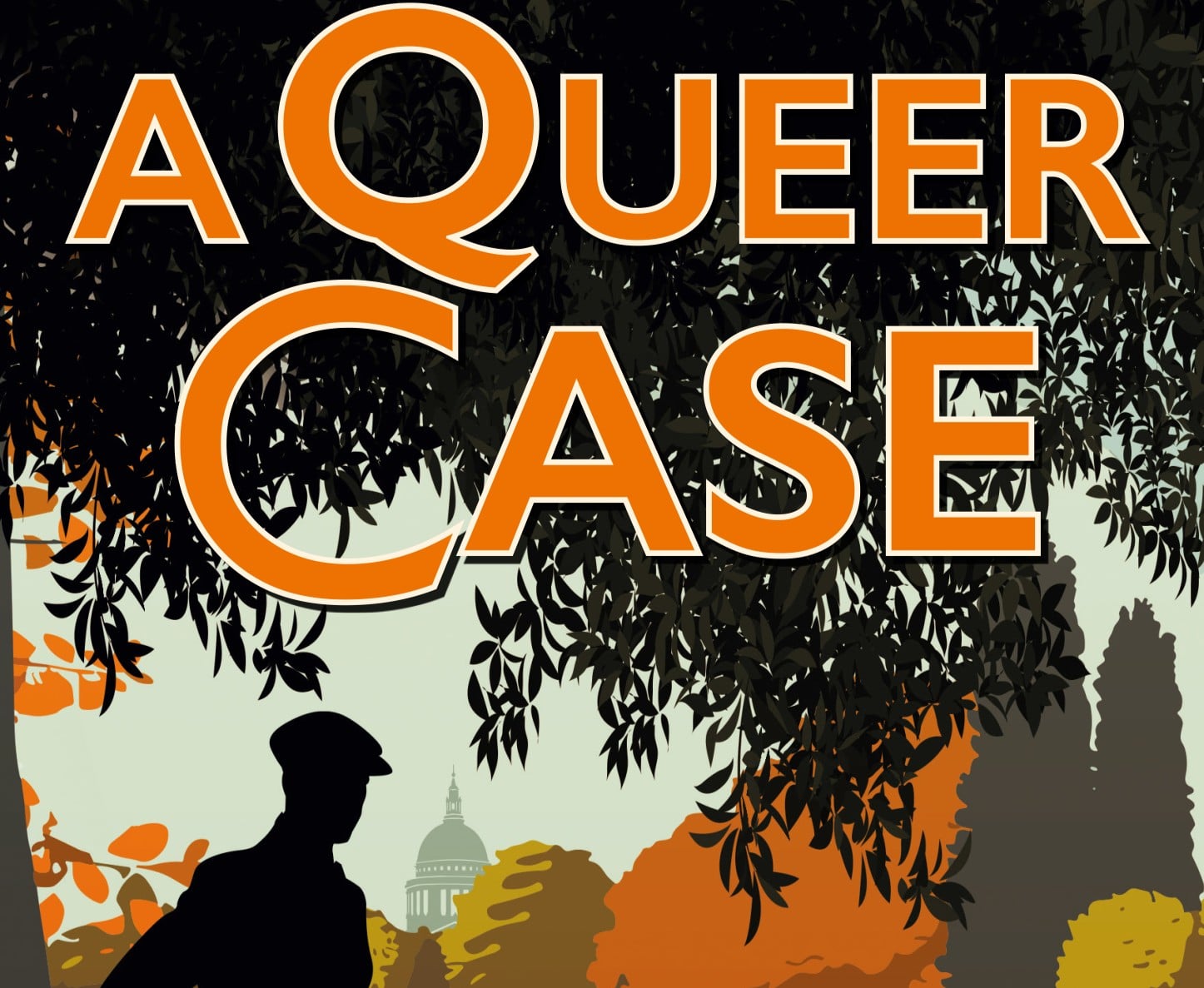Anne Greeley (2006) completed a DPhil in Modern History at Linacre. Receiving a scholarship enabled Anne to pursue her passion and to thrive in a field that helps inspire the next generation. In this article Anne shares her journey from dreaming of working in the arts, learning to become a critical thinker and ultimately striving to cultivate her students into thoughtful observers and curators of visual culture.
From a relatively young age, I had hopes of one day devoting myself professionally to the arts, for which I have always enjoyed a natural affinity. It was not until my second year of college, however, that I discovered the field of art history and set my sights on becoming a trained art historian. Having taught now for eleven years on the faculty at Indiana Wesleyan University in Marion, Indiana, where I serve as Professor of Art History and Chair of the Division of Art + Design, I can say that my graduate studies at Oxford – and particularly, my doctoral studies at Linacre – were vital in preparing me for a vocation that has profoundly enriched my life and given me a deep sense of purpose.
One of my greatest joys as a professor in art history is the opportunity and privilege to teach in the general education curriculum and interact with students from all walks of academia. Many of them are surprised to discover how art history and theory intersects with literally every area of study. The inexhaustible interdisciplinarity of art and art history is something that was deeply impressed on me during the doctoral work I undertook at Linacre. My DPhil research into an obscure issue in the work of a well-known modernist painter led me into deeper studies in philosophical metaphysics, world religions, and theatre and performance studies, among numerous other topics.
In the research I have undertaken since that time, each project has opened up new intellectual horizons that have expanded my knowledge and caused me to think more connectively about different aspects of the world we inhabit. This, in turn, has granted me a unique ability to successfully communicate the relevance and usefulness of the visual arts to a diverse population of students who are increasingly sceptical about their practical merits.
Even more valuable to the work I complete as an educator are the ways in which my DPhil studies helped me to become a more critical and sophisticated thinker. Over the course of my research project, I faced numerous problems in art historical analysis and interpretation that I had previously considered only in the abstract, such as the difficulty of reconciling artistic intent with critical perception of a work’s meaning, and of dealing with indeterminate and conflicting pieces of evidence. It was only through very painstaking and persistent attempts to resolve these problems – that is, through much trial and failure – that I discovered creative and nuanced solutions that resolved the evidence into a coherent whole. I learned the importance of holding opposing ideas in tension, and the necessity of critically interrogating even the most widely accepted ideas.
Ultimately, the many practical challenges I encountered and subsequently overcame helped me to cultivate the analytical mind and critical eye of the art historian, which I now strive to develop in my art and design students. My studies gave me the needed skills to help those students become more thoughtful observers and creators of visual and material culture and more savvy consumers and producers of knowledge. At a time when the value of higher education is increasingly being called into question, and when funding for the humanities is becoming scarce, I am tremendously grateful to Linacre College and its generous benefactors for supporting my education through the Mary Blaschko Graduate Scholarship. The funding I received helped alleviate a considerable financial burden incurred through years of graduate study as an international student, and further enabled me to become part of the vibrant and welcoming intellectual community that exists at Linacre College.
In thinking back to the beginning of that journey, I recall that when I began my doctoral studies at Oxford, I expected to leave with a world-class degree that would grant me access to a life of teaching in the academic field I was most passionate about. But what I gained, in addition to this, was a richer interior life and more perceptive orientation to the world that I have been able to invite my students to share.


















